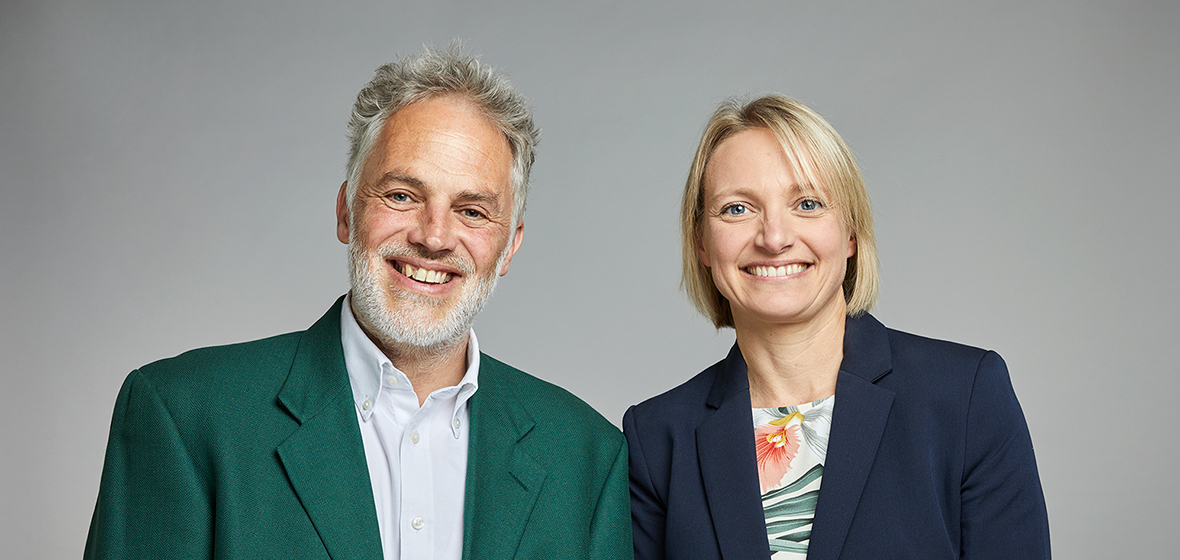
Regular Giving Insight and Benchmarking Project

Regular Giving Insight and Benchmarking Project
Our award-winning Regular Giving Insight and Benchmarking Project gives participants a robust way of understanding the health, success and potential of their regular giving programme.
Successful regular giving programmes aren’t just about getting more donors. When run well they, can be a source of reliable unrestricted funds; the engine rooms for driving long-term donor engagement; cultivation grounds for mid-level donors and future legacies; and a place where major donors are identified or qualified. But that’s not all. They cleanse and update data, engage supporters in many one-to-one conversations, and tell the story of giving and its impact far and wide.
If you're asking questions like...
...then our project can help.
Imperial have been participants each year since the project began. As a result, we’ve identified key areas of our programme that needed attention such as donor retention and our overall donor journey. It’s incredibly satisfying to see an issue highlighted in the data, put a strategy in place to tackle it, and then see the results of our hard work the following year. We’ve also been able to make a business case for more staff and more budget for our direct mail programme.
Heather Campbell
Deputy Director (Advancement Operations), Imperial College London
How can we help?
At the heart of mass giving programmes are people and data about those people. More is uniquely placed to help you analyse what’s been happening in your giving programmes and to use years of insight and learning to help you improve your return on investment.
We have developed our own software which answers the questions that most need asking about the performance of giving programmes. And we can ask it your own questions too.
The Regular Giving Insight and Benchmarking Project is at the heart of the insight we can deliver. A collaborative approach to understanding institutional performance which learns from your data and others’, from the participants and from our years of experience.
Our approach
We turn traditional regular / individual giving planning on its head. Instead of organising a rigid communications timetable irrespective of donor needs, we help you plan your year based on a number of donor segments. We ask what each population of donors needs to give them a satisfying giving experience, one which makes them feel good and raises money for you.
Participants are asked to provide up to 10 years worth of giving data as well as demographic data. Through the software we specifically developed for this exercise, we then carry out analysis of all giving up to £10k pa, providing insight into mid-level giving as well as more traditional lower level giving.
What does it deliver?
Where can the impact be seen?

Income Growth

Donor Retention

Donor Acquisition

Value of Giving

Resourcing

Solicitation Methods

Data Quality
If you are thinking about participating, prepare yourself firstly for an astounding number of graphs, and then to be utterly fascinated by what they reveal about your regular giving programme. We look forward to seeing the results of the changes we are making in our activities following Adrian and Rosie’s thoughtful and well grounded advice.
Emily Johnson
Deputy Development Director, Emmanuel College (Cambridge)
We started the benchmarking project for UK and Irish universities in 2009, with separate cohorts of Oxbridge Colleges and Australian Universities added in 2017, and some 59 institutions have taken part since its inception.
While we originally developed this for the higher education sector, the analysis could easily be adapted for mass/lower-level/regular giving in any sector, and we would be particularly keen to hear from organisations in the hospital, healthcare charity and arts sectors that would be interested in piloting this.
Note: Cookies are used in this section of the site to confirm that the user is logged in and has verified access to the data.
Find out more
To find out more about the project, or to sign up for the next round of analysis, please get in touch with Adrian Beney or Rosie Dale.